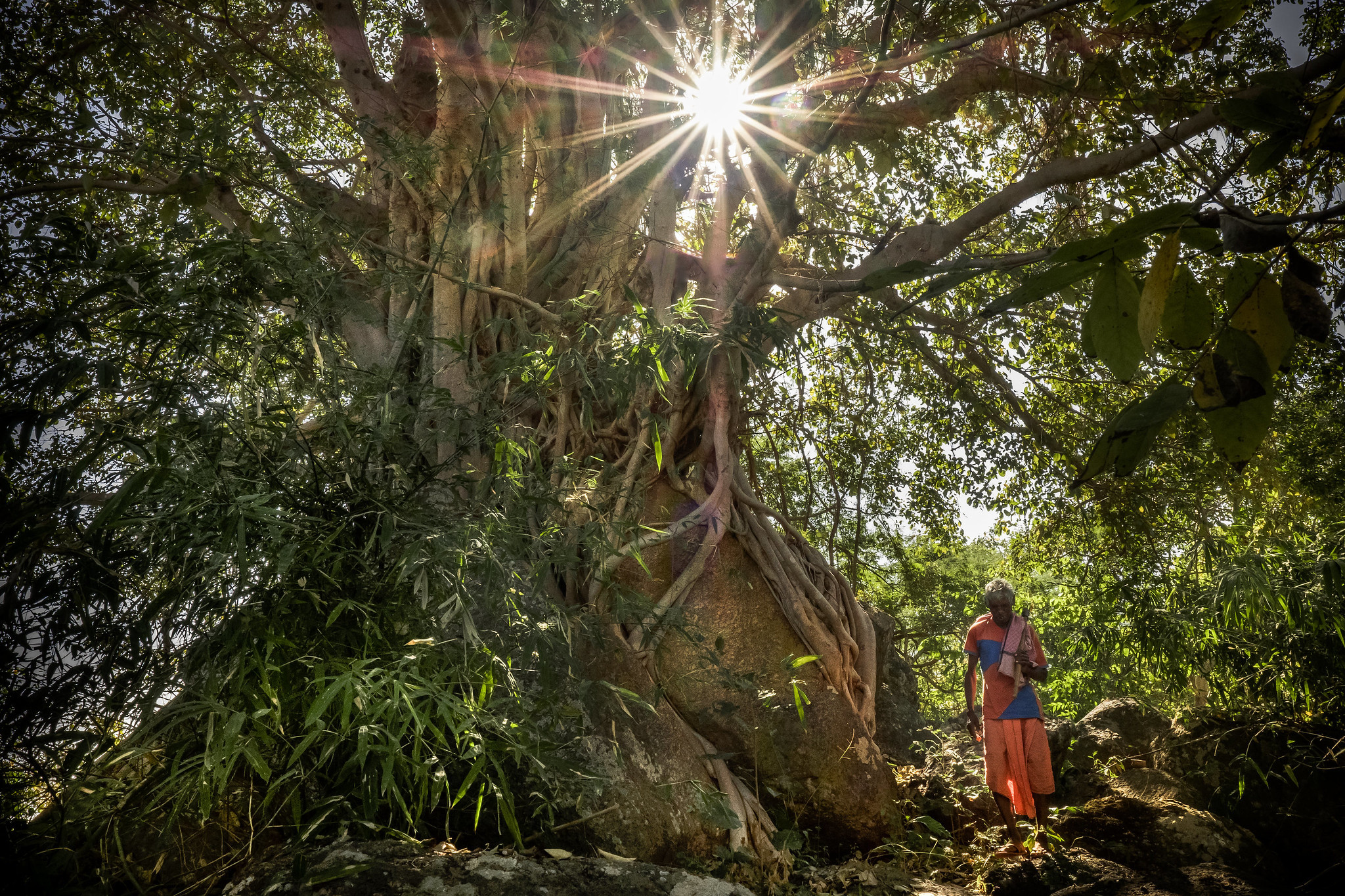This week, during the 78th United Nations General Assembly and New York Climate Week, global leaders and health experts descended on New York City, putting a spotlight on the impacts of climate change on human health.
Here’s what we heard:
In his opening remarks to the UN General Assembly, UN Secretary General, António Guterres, addressed the need for world leaders to take action on climate change.
“Climate change is not just a change in the weather. Climate change is changing life on our planet. It is affecting every aspect of our world,” said Guterres. “We have just survived the hottest days, the hottest months, and the hottest days on the books. Every continent, every region and every country is feeling the heat. But I’m not sure at all leaders are feeling that heat.”
During a UN event entitled, “Looking Forward Towards COP's First-Ever Day of Health: Advancing A Bold Vision for Action, Equity, and Accountability,” WHO’s Special Envoy on Climate Change and Health Vanessa Kerry moderated a discussion on efforts to elevate the intersection of climate and health ahead of the UN Climate Conference’s (COP-28) first-ever ‘Day of Health.’
“Climate change is the biggest threat to health in the 21st century and our very survival is at stake,” said Kerry. “We can no longer afford to suffer from the pandemic of poor and expedient choices which continue to harm our planet and its population. We must invest in human well-being, such as resilient health systems that can ensure adaptation to the growing burdens of disease and impacts of extreme weather and heat that are killing us daily.”
“As we prepare for the groundbreaking Health Day at COP28, we are resolute in our determination to address the challenges posed to health by climate change and encourage ambitious investment in the health sector,” said Dr Sultan Al Jaber, COP28 President-Designate. “Our goal is to build resilient, equitable health systems capable of withstanding the impact of climate change. COP28 is determined to shine a light on these issues and to bring together partners who can make a positive difference.”
At an event hosted by the Clinton Global Initiative (CGI), panelists discussed the impacts of extreme heat during a panel entitled “Turning Down the Heat: How Cities Can Prepare for Extreme Temperatures.”
“There is a lot of work to be done on research, ecosystem building, getting the public and private sectors to work together more effectively,” said Neil ‘Buddy’ Shah, Clinton Health Access Initiative CEO. “But what I would say in addition to that is, there are discreet, immediately investable opportunities that can drive huge improvements…There is a lot of urgency in getting going on either the things we know how to scale already or that are just around the corner.”
“El Nino was only declared in June, and it will peak in winter, early Spring. So we haven’t even seen the full impact of the El Niño yet,” said Dr. Sarah Kapnick, NOAA Chief Scientist. “We are entering a phase where it is going to get warmer over the coming months – we have a 95% this El Nino will continue to its peak, there’s only 1% chance that it fizzles out at this point.”
During the UN General Assembly Science Summit, panelists engaged in a virtual discussion entitled, “Global Digital Cooperation on Health: Opportunities and Challenges for Low- and Middle- Income Countries (LMICs), including Kaushik Sarkar, Forecasting Healthy Futures’ Director for the Institute for Health Modeling and Climate Solutions.

